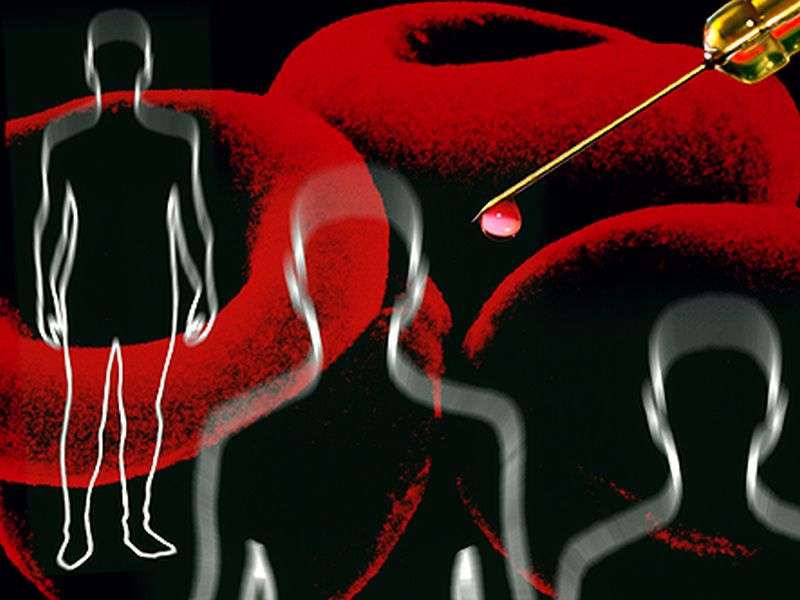(HealthDay)—For patients with acute myelogenous leukemia (AML) undergoing induction chemotherapy (IC), gastrointestinal microbiome composition is associated with infectious complications, according to a study published online May 3 in Cancer.
Jessica R. Galloway-Peña, Ph.D., from the University of Texas MD Anderson Cancer Center in Houston, and colleagues collected buccal and fecal specimens (478 samples) twice weekly from 34 patients with AML who were undergoing IC. The correlation between microbial diversity and genera composition and clinical outcomes was examined.
The researchers found that patients who developed infections during IC had significantly lower baseline stool α-diversity compared with those who did not develop infections (P = 0.047). Over the course of IC there were significant decreases in both oral and stool microbial α-diversity; a linear correlation was seen for α-diversity change at the two sites (P = 0.02). There was a significant correlation for loss of both oral and stool α-diversity with the receipt of a carbapenem (P < 0.001). The likelihood of contracting a microbiologically documented infection within the 90 days after IC neutrophil recovery was significantly increased for patients who lost microbial diversity over the course of IC (P = 0.04).
"The current data present the largest longitudinal analyses to date of oral and stool microbiomes in patients with AML and suggest that microbiome measurements could assist with the mitigation of infectious complications of AML therapy," the authors write.
Several authors disclosed financial ties to the pharmaceutical industry.
More information:
Abstract
Full Text (subscription or payment may be required)
Journal information: Cancer
Copyright © 2016 HealthDay. All rights reserved.






















